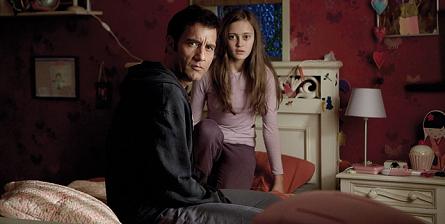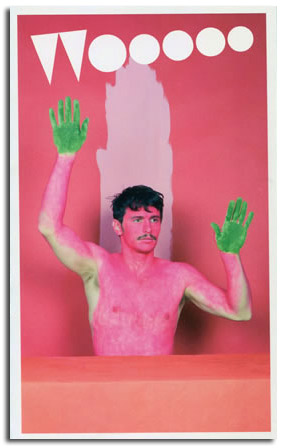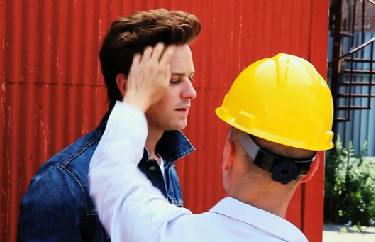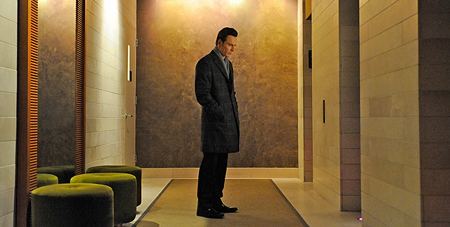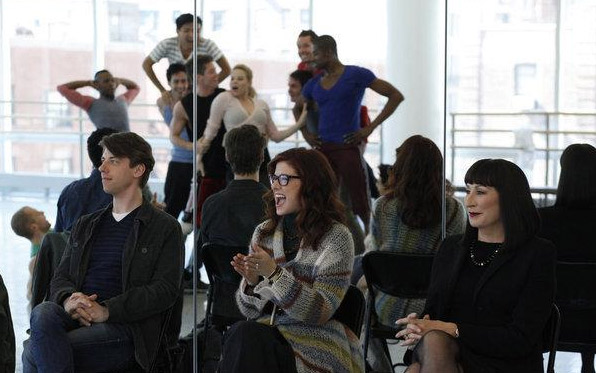TIFF: "Rampart" Redux, "Intruders" and "Pariah."
 Tuesday, September 13, 2011 at 3:34PM
Tuesday, September 13, 2011 at 3:34PM Paolo here. Allow me to present a TIFF movie I really love with a misleading and inaccurate synopsis. "Rampart: it's Greenberg but like a paranoid neo-noir with police brutality." Amir has already eloquently written his reservations on Oren Moverman's sophomore work. Yes, I admit that the camera movements were at times self-indulgent and reactions towards the film at our screening were divisive. All of this just makes me more militantly "Pro" on this movie and I've also been tweeting about it. And besides, Woody has a better chance of winning Oscar gold than Fassy.
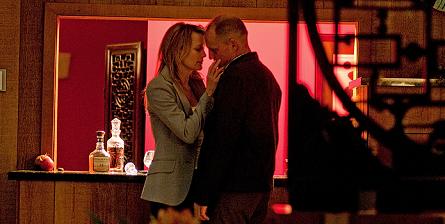 Robin Wright and Woody Harrelson in Oren Moverman's "Rampart"
Robin Wright and Woody Harrelson in Oren Moverman's "Rampart"
After watching Rampart, the funniest police brutality movie ever, Toronto's international cinema transported me to two unknown European cities.
Joan Carlos Fresnadillo's Intruders intertwines two story lines between a Spanish family and an English one, both haunted by the same ghosts. Given that the movie that strictly follows the horror archetypes set by Guillermo del Toro, the monster has a tentacle-y jacket, leather gloved arms. Trees in this movie are equally anthropomorphic. The movie takes place at an English country house where 'Mia Farrow,' a twelve-year-old girl (another del Toro influence) discovers a strange boxed piece of paper containing a story about the monster with the juvenile name of 'Hollowface.'
Fresnadillo has an interesting filmmaking voice, filling his movie with more dated scares than cheap ones; he's probably the only horror director left in the world who still think that cats are scary! True to del Toro's brave heroine form, Mia climbs a tree - allowing her to discover the written story - and walks along town by herself. Her Spanish counterpart, Juan, climbs in and out of his window and walks through scaffolding to escape the monster.
More on INTRUDERS and the lesbian drama PARIAH after the jump.



